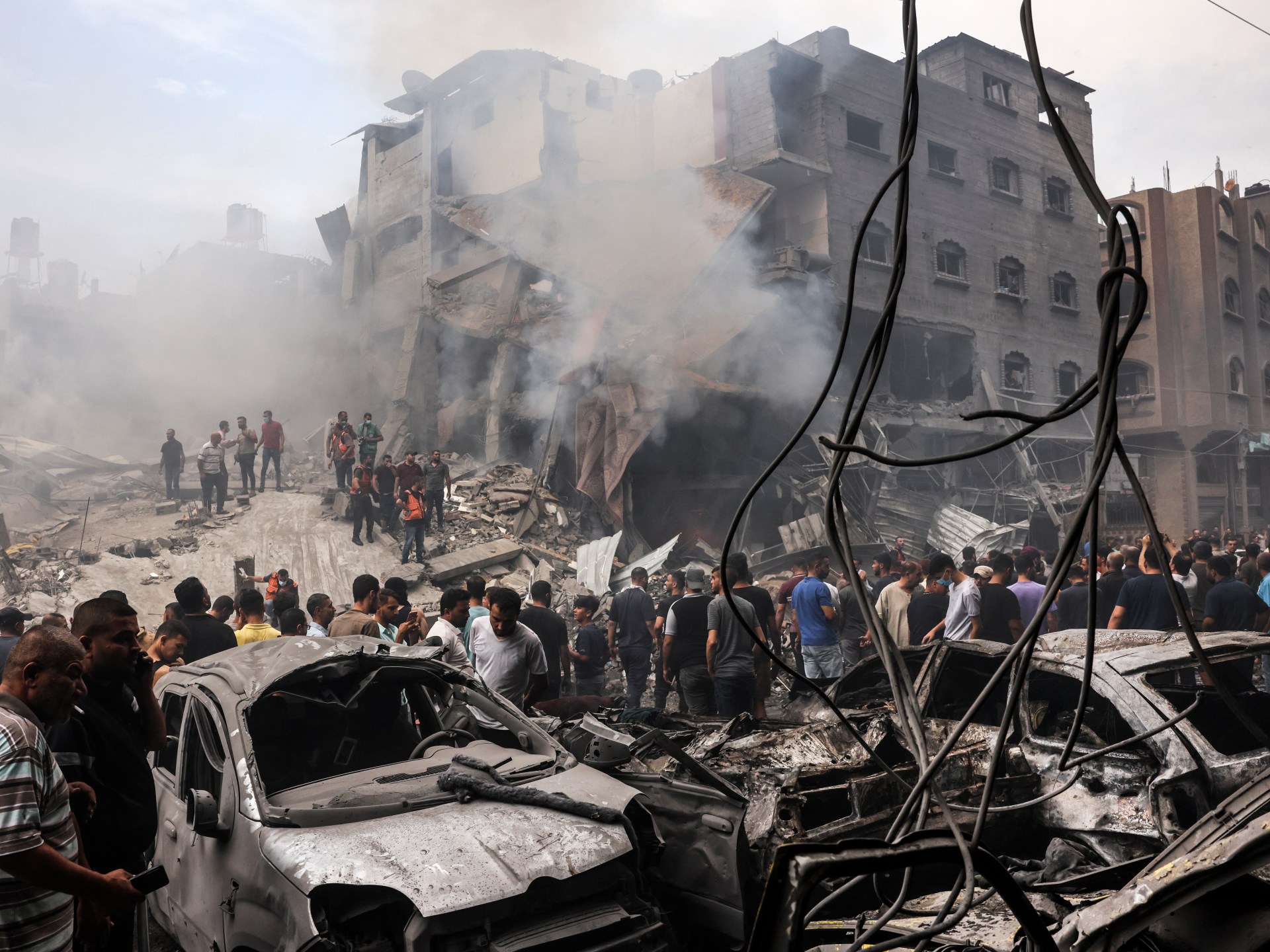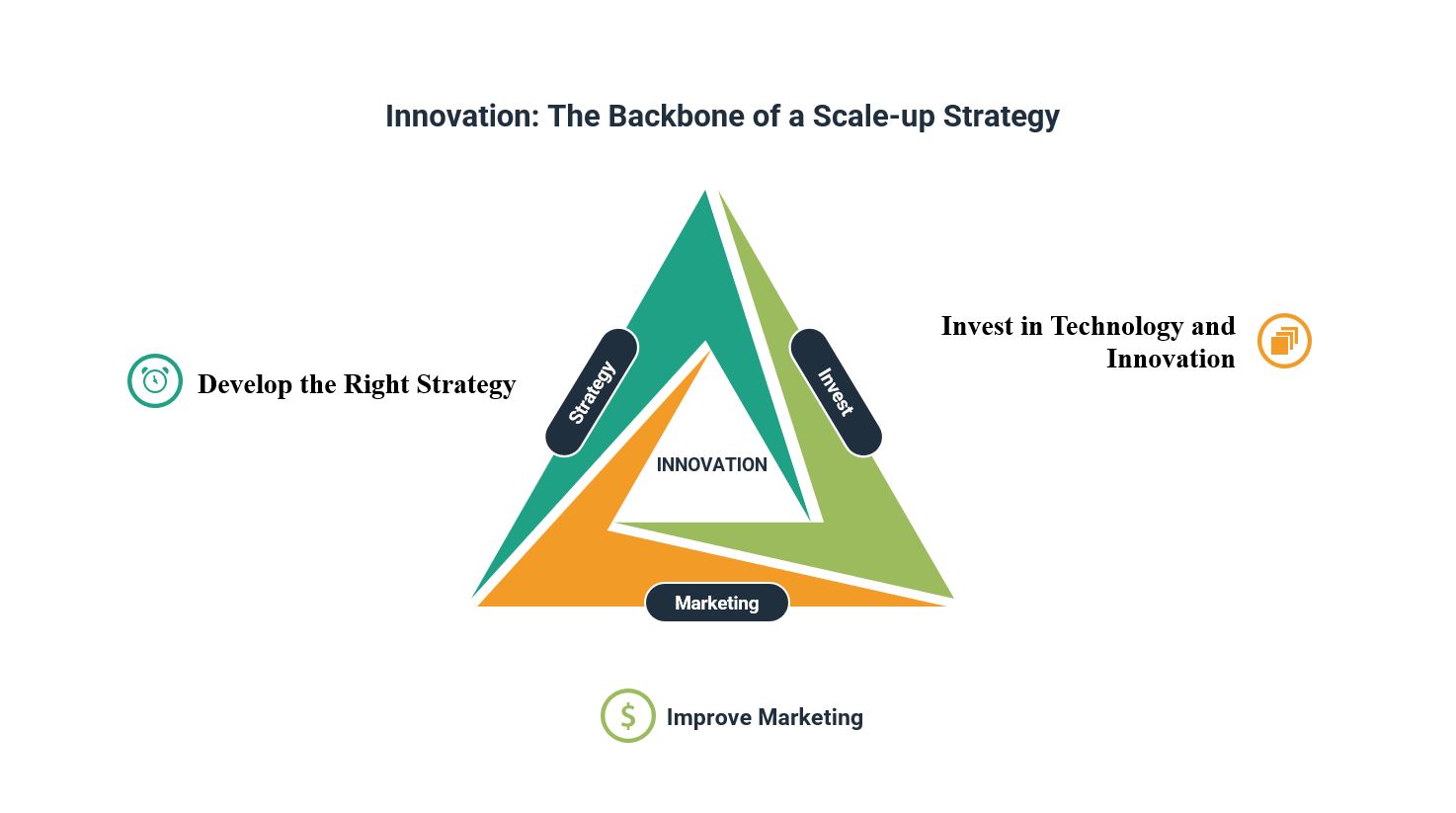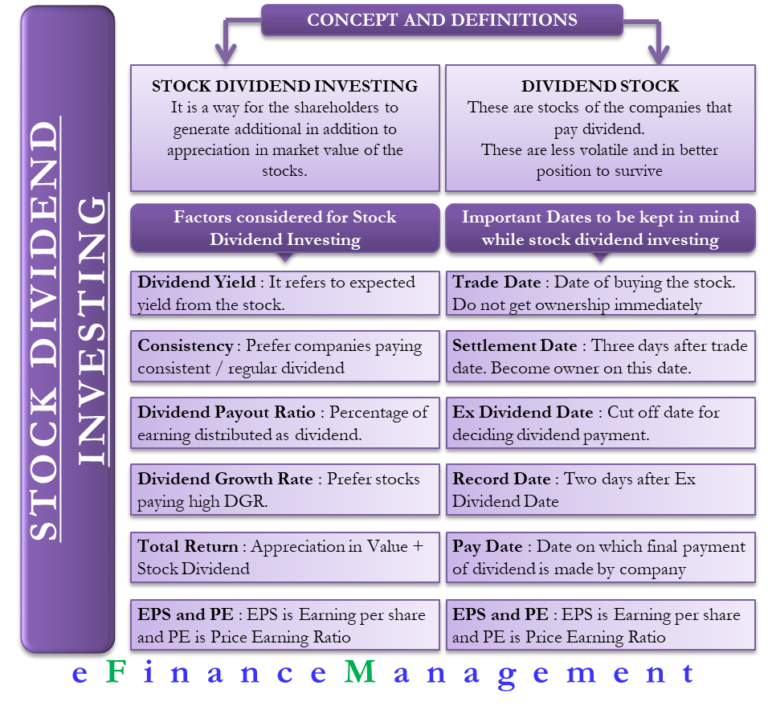Gaza Under Siege: Hunger, Sickness, And Crime Flourish Under Blockade

Table of Contents
The Crushing Weight of Hunger in Gaza
The ongoing blockade has created a severe Gaza food crisis, leading to widespread food insecurity and malnutrition. The consequences are devastating, particularly for vulnerable populations like children and the elderly.
Food Insecurity and Malnutrition
- Statistics: The UN estimates that over half of Gaza's population is food insecure, with malnutrition rates among children exceeding 30%. These statistics represent a catastrophic failure to provide basic needs.
- Food Shortages: The blockade restricts the import of essential food items, leading to frequent shortages and price hikes. Basic staples like flour, sugar, and cooking oil are often unavailable or unaffordable for many families. The limited access to farmland further exacerbates this issue.
- Impact on Child Development: Malnutrition in children has long-term consequences, including stunted growth, cognitive impairment, and weakened immune systems, jeopardizing their future prospects. The Gaza food crisis is a developmental crisis.
The Economic Impact of the Blockade
The Gaza economy has been decimated by the blockade, severely impacting the agricultural sector, fishing industry, and overall trade. This economic devastation directly contributes to food insecurity.
- Restricted Industries: The blockade restricts access to vital resources and markets, crippling agricultural production and fishing activities. Farmers lack access to seeds, fertilizers, and equipment, while fishermen are limited in their fishing zones.
- Impact on Employment: The economic hardship caused by the Gaza blockade leads to widespread unemployment, limiting people's ability to purchase food and other necessities. The lack of job opportunities fuels further desperation.
- Price Inflation: The restricted supply chain results in inflated prices for essential food items, making them inaccessible to low-income families. This creates an impossible situation for many. The price of basic goods is beyond the reach of most families.
A Breeding Ground for Disease: The Healthcare Crisis in Gaza
The severely limited healthcare infrastructure and lack of resources have transformed Gaza into a breeding ground for disease. The Gaza healthcare system is on the verge of collapse.
Limited Access to Healthcare
- Mortality Rates: The blockade has led to significantly higher mortality rates, particularly among infants and children, due to a lack of access to adequate healthcare. Many preventable deaths occur due to the lack of medical resources.
- Lack of Specialists: Many essential medical specialists have left Gaza due to the blockade, leaving the population with limited access to specialized care. This lack of expertise puts lives at risk.
- Medicine Shortages: Chronic shortages of essential medicines and medical equipment further exacerbate the situation, hampering efforts to treat various illnesses effectively. Many critical medications are unavailable.
The Spread of Infectious Diseases
Poor sanitation, overcrowding, and limited access to clean water have created ideal conditions for the spread of infectious diseases in Gaza.
- Prevalent Diseases: Waterborne diseases, respiratory infections, and other infectious diseases are rampant, placing a tremendous strain on the already overwhelmed healthcare system. Diseases are rampant due to the lack of clean water and poor sanitation.
- Impact on Public Health: The lack of effective disease control measures and the prevalence of infectious diseases threaten to destabilize the already precarious public health situation in Gaza. The health of the entire population is at risk.
- Challenges in Disease Control: The existing healthcare system is unable to effectively manage and control outbreaks due to resource constraints. Containing the spread of disease is incredibly challenging.
Crime and Violence Flourish Under Pressure: The Social Fallout of the Blockade
The economic hardship and desperation caused by the Gaza blockade have fueled a surge in crime and violence. The social fabric of Gaza is under extreme stress.
Increased Crime Rates
- Statistics: Crime rates, including theft, robbery, and other violent crimes, have significantly increased in Gaza due to the economic hardship. The blockade creates a situation ripe for crime.
- Crimes Related to Poverty: Many crimes are directly linked to the desperate need for food, money, and other essentials, highlighting the impact of the blockade on the social order. Desperate situations lead to desperate actions.
- Impact on Community Safety: The rise in crime creates a climate of fear and insecurity, further destabilizing the already fragile social fabric of Gaza. The increased violence threatens the peace of the community.
Social and Psychological Impacts
The blockade has had a devastating psychological impact on the population of Gaza, leading to widespread stress, anxiety, and depression. The mental health consequences of the blockade are severe and far-reaching.
- Mental Health Challenges: Many residents experience chronic stress, anxiety, and depression as a result of the ongoing blockade and its devastating consequences. The ongoing siege creates a significant mental health crisis.
- Impact on Children and Families: Children and families are particularly vulnerable to the psychological toll of the blockade, leading to long-term mental health issues. Trauma is prevalent among the population.
- Lack of Mental Health Services: The already overstretched healthcare system lacks adequate resources and personnel to address the growing mental health crisis in Gaza. The lack of mental health services is alarming.
Conclusion
The interconnected crises of hunger, sickness, and crime in Gaza are a direct consequence of the ongoing blockade. The suffering of the people of Gaza is undeniable and demands immediate action. The Gaza blockade is a humanitarian catastrophe. The severe food insecurity, widespread disease, and rampant crime highlight the urgent need for international intervention and humanitarian aid to alleviate the suffering caused by the Gaza blockade. We must work towards a just and lasting solution that ends the siege and allows the people of Gaza to rebuild their lives. Learn more about the crisis in Gaza and take action today. Support organizations providing aid to Gaza and advocate for an end to this devastating siege. The ongoing siege of Gaza demands immediate attention. We must act now to ease the suffering caused by the Gaza blockade and work towards a just and lasting solution.

Featured Posts
-
 First Hand Accounts Nottingham Attack Survivors Tell Their Stories
May 10, 2025
First Hand Accounts Nottingham Attack Survivors Tell Their Stories
May 10, 2025 -
 Edmonton Unlimiteds New Tech And Innovation Strategy Scaling For Global Impact
May 10, 2025
Edmonton Unlimiteds New Tech And Innovation Strategy Scaling For Global Impact
May 10, 2025 -
 What Makes A Real Safe Bet Analyzing Risk And Reward
May 10, 2025
What Makes A Real Safe Bet Analyzing Risk And Reward
May 10, 2025 -
 The China Market A Case Study Of Bmw And Porsches Struggles And Strategies
May 10, 2025
The China Market A Case Study Of Bmw And Porsches Struggles And Strategies
May 10, 2025 -
 The Most Effective And Simple Dividend Strategy
May 10, 2025
The Most Effective And Simple Dividend Strategy
May 10, 2025
